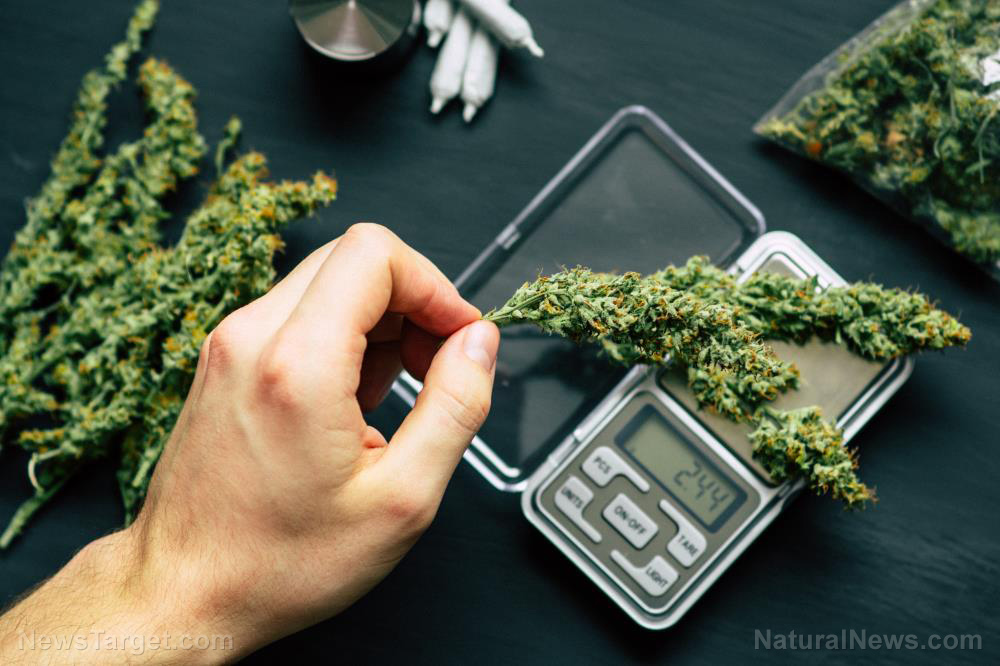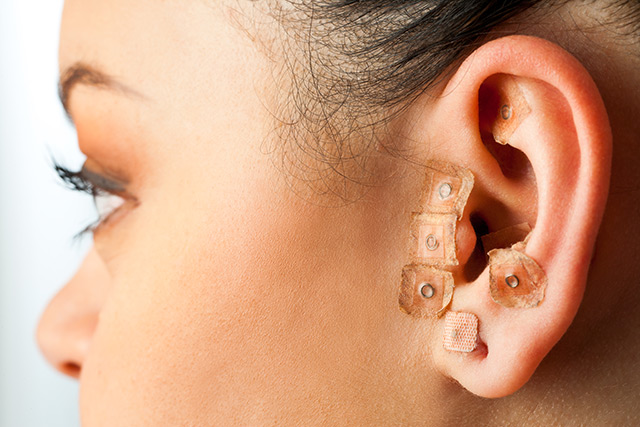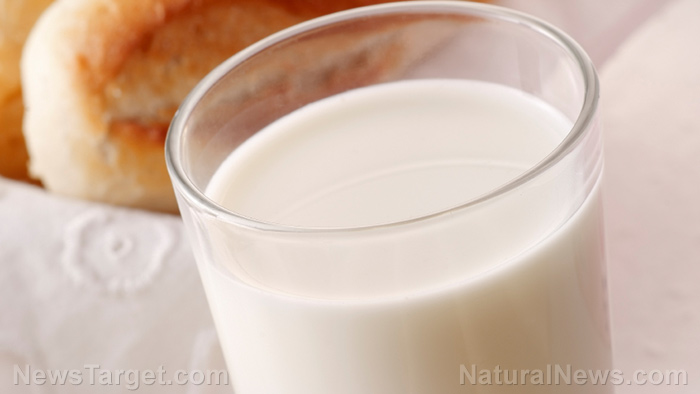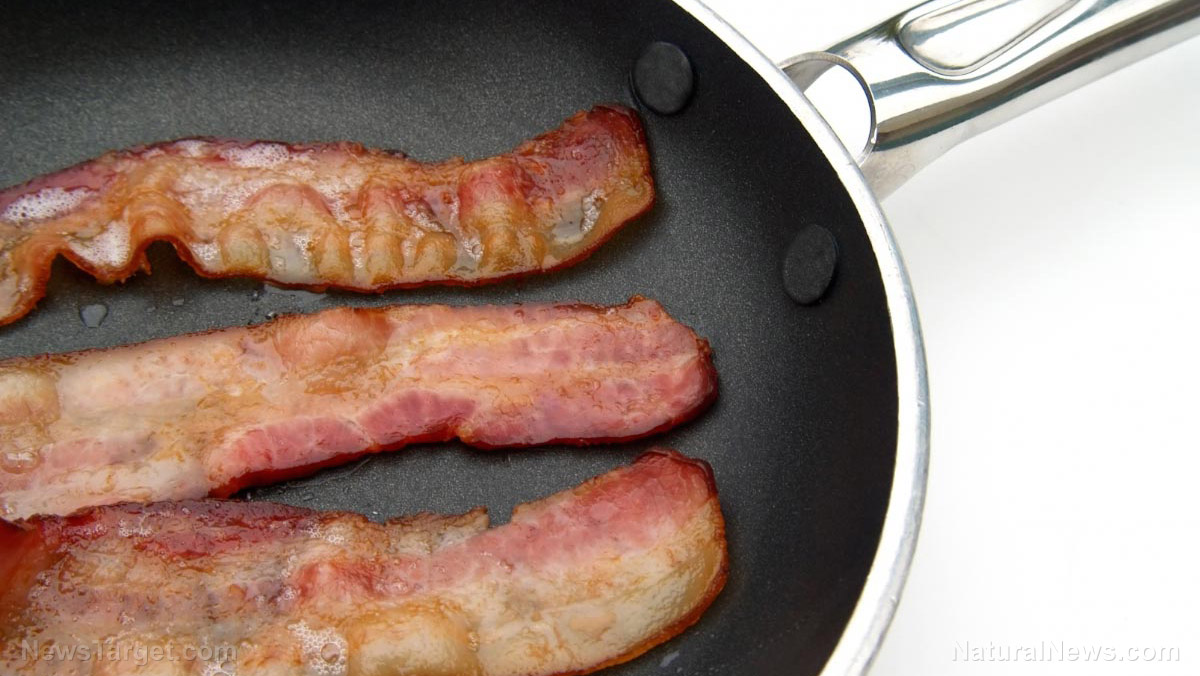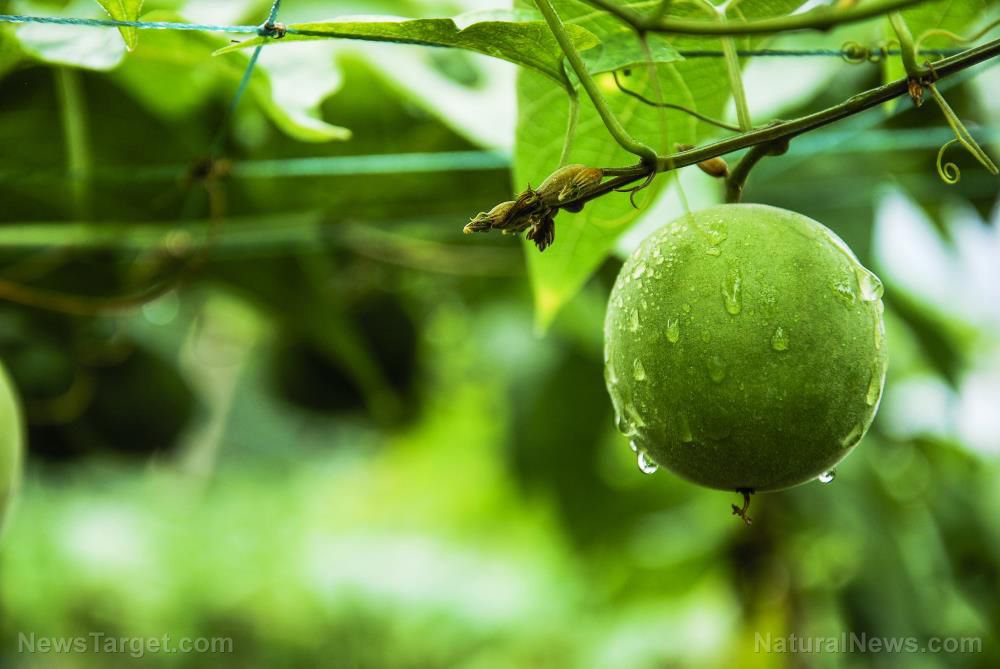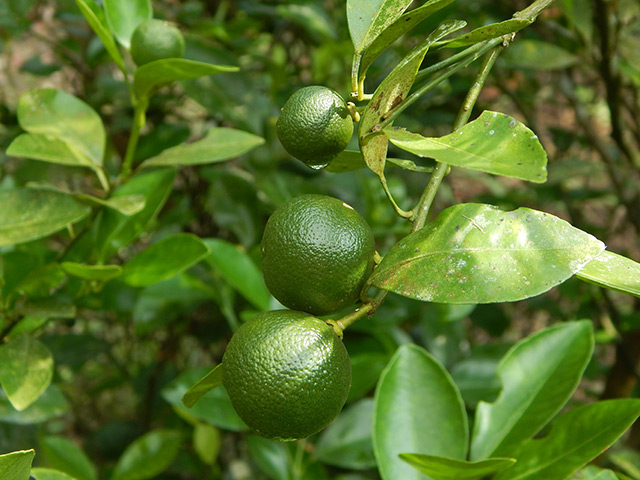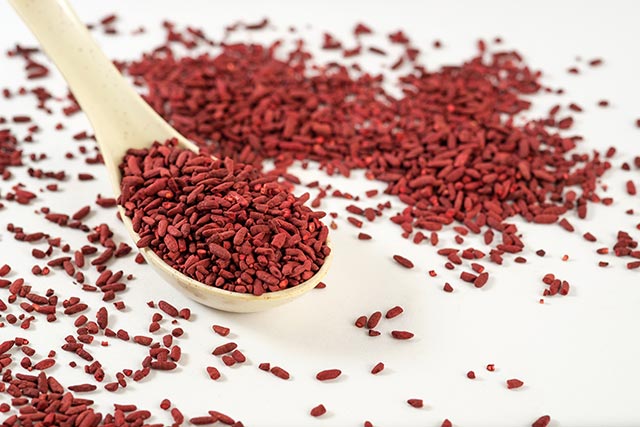Beat depression by eating more fiber, vegetables
06/26/2019 / By Isabelle Z.

It’s pretty clear how your diet can impact your heart health and your weight, but did you know that it can be just as influential when it comes to mental health? While there are lots of interesting connections between food and mental health, one of the most useful in the wake of climbing depression rates is the relationship between consuming fiber and vegetables and depression.
The role that diet plays in psychiatric health has become a topic of growing interest for researchers in recent times, and their findings could help steer people away from dangerous antidepressants and other psychiatric medications.
U.K. researchers recently carried out a meta analysis involving existing randomized clinical trials. After looking at the data of almost 46,000 people, they found that nearly every type of dietary improvement can significantly reduce symptoms of depression. Some of the interventions that improved depression included increasing nutrients, reducing fat, and dieting to lose weight.
However, one thing in particular helped depression: eating more nutrient-dense meals that are high in vegetables and fibers while reducing refined sugar and fast foods.
Although everyone benefited, these changes had a greater effect in relieving depression among women. The researchers aren’t yet certain why this effect occurred, but they plan to investigate the connection further. They would also like to explore how a healthy diet improves mental health, although they believe the reduction in inflammation or fatigue could play a role.
It’s also worth noting that combining these dietary interventions with exercise led to further improvements in depressive symptoms.
The power of the elements: Discover Colloidal Silver Mouthwash with quality, natural ingredients like Sangre de Drago sap, black walnut hulls, menthol crystals and more. Zero artificial sweeteners, colors or alcohol. Learn more at the Health Ranger Store and help support this news site.
Their findings were published in the journal Psychosomatic Medicine.
Meanwhile, a Chinese study found an inverse relationship between dietary fiber intake and symptoms of depression. In other words, those who ate more fiber had fewer symptoms. They determined that when a person’s fiber intake reached roughly 21 grams per day, their risk of depressive symptoms dropped dramatically. This was based on the data of 16,000 Americans who participated in the National Health and Nutrition Examination Survey.
Eating junk food can raise your depression risk
These findings won’t come as a surprise to the authors of a recent multi-country study published in Molecular Biology that revealed that eating junk food raises your risk of becoming depressed.
By the same token, they found that following a traditional healthy Mediterranean diet makes people much less likely to develop depression thanks to its content of vegetables, fruit, nuts and fish.
It might be tempting to believe that people who are depressed eat more poor-quality food. Although that may be true, this study found that poor diet actually causes depression rather than a mere association between the two. Longitudinal studies of more than 32,000 people were used to reach their conclusions.
Study lead author Dr. Camille Lassale said that a bad diet can significantly raise the risk of depression, and it’s the inflammation of the gut and entire body caused by high-fat, high-sugar processed foods that is behind this effect.
The authors of that study called on doctors to offer dietary advice to patients as a routine part of depression treatment.
Are you getting enough fiber?
Most Americans simply aren’t getting enough fiber in their diets, with the average consumption at roughly 15 grams. The American Heart Association recommends that adult women on a 2000-calorie diet get roughly 25 grams per day, while men need as much as 38 grams.
Organic fruits and vegetables are excellent sources of fiber, with avocados, raspberries, and artichokes all being excellent sources. You can also find fiber in foods like lentils, chickpeas, oats, popcorn, chia seeds, and dark chocolate.
If you or a loved one is dealing with depression, don’t underestimate the power of a healthy diet. By focusing on organic fruits, vegetables, and other fiber-rich foods, you could eliminate the need for dangerous antidepressants!
Sources for this article include:
Tagged Under: beat depression, brain function, brain health, depression, fiber, food cures, food is medicine, fruits, functional food, gut health, gut-brain connection, mental health, mind body science, phytonutrients, prevention, remedies, vegetables, Veggies



